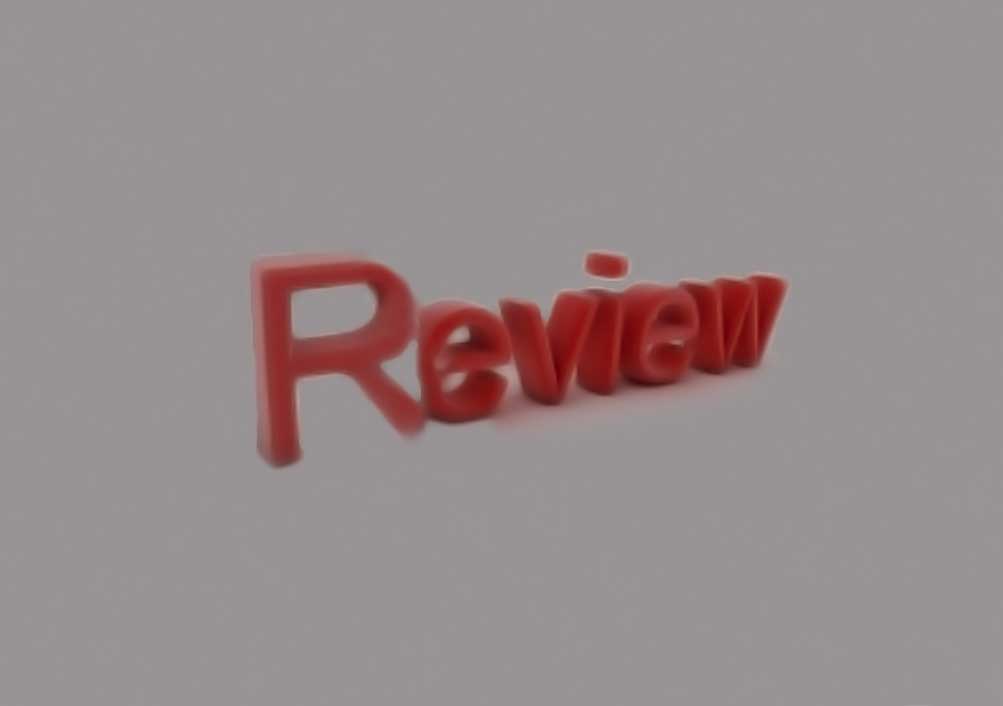Erroneous decision can’t be reheard by way of review, in disguise of appeal: Delhi HC while considering suit patents of Philips vis-à-vis Vivo Mobile

Read Judgment: Koninklijke Philips N.v. V. Vivo Mobile Communication Co. Ltd. & Ors.
Pankaj Bajpai
New Delhi, February 18, 2022: While considering an appeal pertaining to implementation of suit patents and production of documents to know whether the patents were in the chipset or in the handset, the Delhi HC has ruled that an error which is not self-evident and has to be detected by a process of reasoning cannot be described as an error apparent on the face of the record, justifying the court exercising its power of review.
A petitioner cannot seek in a review the same relief which had been sought at the time of arguing of the main matter and which had been rejected, added the Court.
The Single Judge Asha Menon observed that fresh and additional material cannot be pressed into service to seek a review of an order, and minor mistakes of inconsequential importance are insufficient to seek a review.
The observation came pursuant to a review petition filed by Koninklijke Philips (Petitioners), challenging the directions issued by this Court to produce the third party agreements. It was contended that this Court had failed to appreciate that whether the suit patents are implemented as the chipset or handset level can be better understood by the agreement between the plaintiff and Qualcomm which is already on record and the production of the petitioners’/defendants’ agreements was wholly unnecessarily, since, they did not relate to the suit patents in any manner.
The petitioners contended that this Court erred in holding that the petitioners’/defendants’ agreements would be able to establish whether the respondent’s/plaintiff patents are Standard Essential Patents (“SEPs”), as this understanding runs contrary to the settled law that essentiality of a patent can only be ascertained by comparing the features of the asserted claim of the patent with the portions of the asserted standard.
The Petitioners also contended that this Court had failed to appreciate that it is an admitted position that the petitioners’/defendants’ agreement with Qualcomm and other third-parties has nothing to do with the suit patents and that it is neither party’s claim that these agreements in any manner relate to the suit patents.
After considering the submissions, the Delhi High Court noted that a review is by no means an appeal in disguise where an erroneous decision is reheard and corrected, as has been sought to be urged in the present matter.
Throughout, the emphasis has been on the erroneous understanding of the pleadings of the parties, which, has resulted in erroneous conclusions, resulting further in erroneous decisions, added the Court.
The Apex Court further observed that a rehearing is not possible to correct all these “errors”, as such a rehearing and re-appraisal of the material on record including pleadings, would fall within the scope of an appeal and not review.
“Error” has to be an error apparent on the face of the record to attract the provisions of Order XLVII Rule 1 of the CPC and must be a patent error which alone can be looked into in review proceedings, added the Court.
“The normal principle is that what is pronounced by the court is final, else, there must be some manifest wrong caused leading to miscarriage of justice. In particular, while seeking review of orders passed in a civil suit, the grounds mentioned in Order XLVII Rule 1 of the CPC have to be satisfied, which would not equate the hearing with the original hearing of the case or a hearing in an appeal”, observed the Top Court.
Accordingly, the Apex Court dismissed the review petition.
Sign up for our weekly newsletter to stay up to date on our product, events featured blog, special offer and all of the exciting things that take place here at Legitquest.




Add a Comment